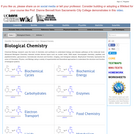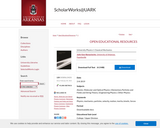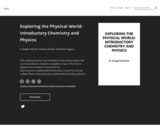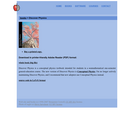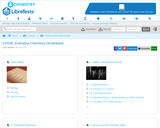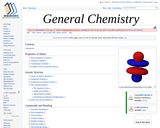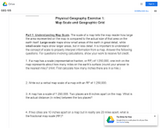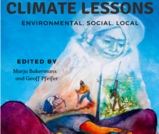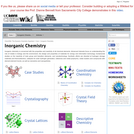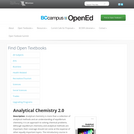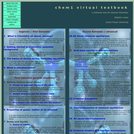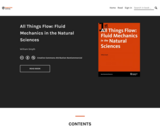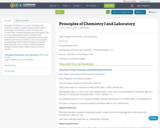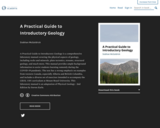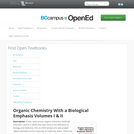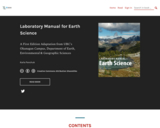This book is written for anybody who is curious about nature and motion. Curiosity about how people, animals, things, images and empty space move leads to many adven- tures. This volume presents the best of them in the domains of relativity and cosmology. In the study of motion – physics – special and general relativity form two important building blocks.
Special relativity is the exploration of the energy speed limit c. General relativity is the exploration of the force limit c4/4G. The text shows that in both domains, all equations follow from these two limit values. This simple, intuitive and unusual way of learning relativity should reward the curiosity of every reader – whether student or professional.
The present volume is the second of a six-volume overview of physics that arose from a threefold aim that I have pursued since 1990: to present motion in a way that is simple, up to date and captivating.
In order to be simple, the text focuses on concepts, while keeping mathematics to the necessary minimum. Understanding the concepts of physics is given precedence over using formulae in calculations. The whole text is within the reach of an undergraduate.
In order to be up to date, the text is enriched by the many gems – both theoretical and empirical – that are scattered throughout the scientific literature.
In order to be captivating, the text tries to startle the reader as much as possible. Read- ing a book on general physics should be like going to a magic show. We watch, we are astonished, we do not believe our eyes, we think, and finally we understand the trick. When we look at nature, we often have the same experience. Indeed, every page presents at least one surprise or provocation for the reader to think about. Numerous interesting challenges are proposed.
The motto of the text, die Menschen stärken, die Sachen klären, a famous statement by Hartmut von Hentig on pedagogy, translates as: ‘To fortify people, to clarify things.’ Clar- ifying things – and adhering only to the truth – requires courage, as changing the habits of thought produces fear, often hidden by anger. But by overcoming our fears we grow in strength. And we experience intense and beautiful emotions. All great adventures in life allow this, and exploring motion is one of them. Enjoy it!
